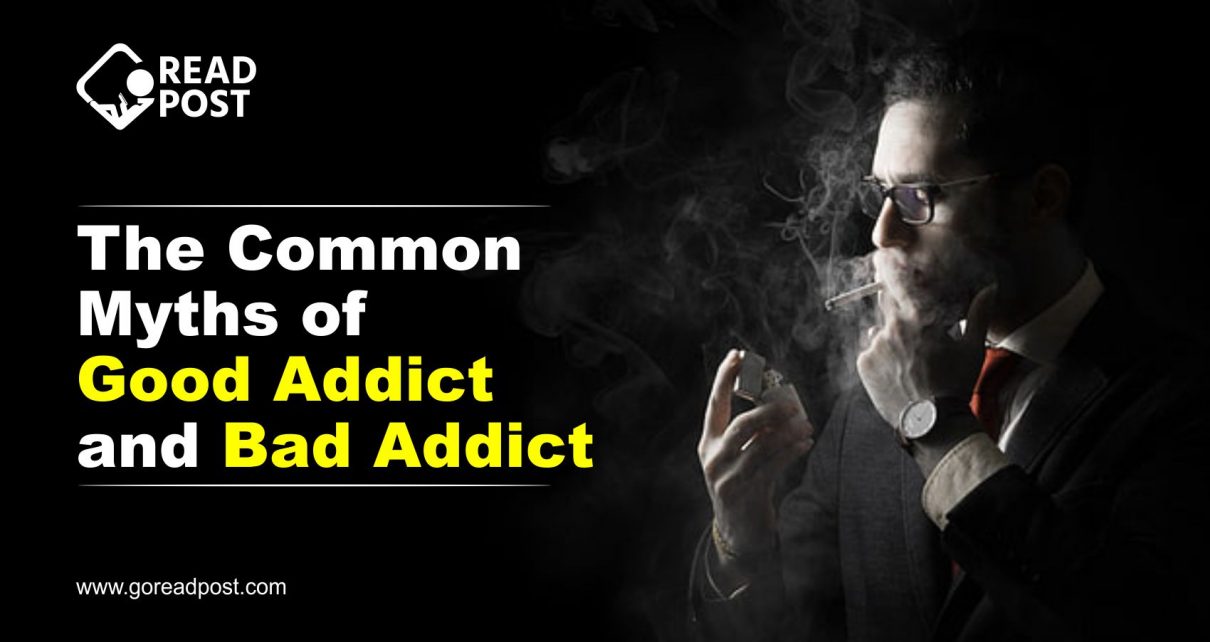The subject of medication and liquor dependence keeps on being encompassed by various fantasies that cause a few people to be misled as they acknowledge the fantasy without scrutinizing its reality.
At the point when a fantasy is treated as a reality, it frequently impacts an individual’s convictions, judgment, and activities. Even though fantasies will, in all probability, consistently exist concerning the passionate and regularly befuddling subject of enslavement, read on to find reality with regards to the 7 most normal legends of dependence.
Myth#1: If You Want to Stop Using Drugs or Alcohol You Can Just Use Your Willpower
At the point when an individual is dependent on medications or liquor, resolve isn’t sufficient. Fixation is certainly not a decision; it is an ailment. The American Society of Addiction Medicine expresses that enslavement “is an essential, interminable ailment of the cerebrum reward, inspiration, memory, and related hardware.” It makes the individual have such a solid habitual requirement for their medication of decision that they can’t stop even though they realize it is destructive to precede.
Myth #2: Being Addicted to Drugs or Alcohol Is a Moral Failing
Intently attached to the fantasy that self-discipline is sufficient to stop a medication or liquor fixation is the legend that compulsion is an ethical fizzling. For a considerable length of time, individuals with a substance misuse fixation were viewed as ailing in moral fiber. They were seen as feeble and ailing in self-discipline. Even though this view is as yet held by certain individuals, it is currently deductively demonstrated that compulsion is an illness. It’s anything but a decision or an ethical coming up short.
An individual enduring with a substance misuse fixation encounters the accompanying:
Their mind has been truly changed by the medications.
An impulsive need to keep utilizing has been made.
Typical basic leadership capacities are repressed.
Both appropriate treatment and progressing the board are important for long haul recuperation.
Myth #3: If You Relapse You Are a Failure
A backslide doesn’t mean you are a disappointment. It doesn’t imply that your past medications or your emotionally supportive network have fizzled. For some people, a backslide is a typical piece of the recuperation procedure. On the off chance that it is seen as a disappointment, the individual may feel blame, disgrace, misery, lack of care, or nervousness. These passionate reactions are undesirable and pointless. They hurt the person as well as the individuals who love that person. They could likewise prompt proceeded with substance misuse.
A backslides regularly demonstrates the accompanying:
The need to return into treatment
The requirement for changes or adjustments in the treatment plan
The requirement for extra kinds of treatment
At the point when vital changes are made to the treatment plan, an individual’s possibility of keeping up their connectedness increments.
Myth #4: There is Nothing Family or Friends Can Do to Help
This legend suggests that the help and activities of friends and family don’t factor into an individual’s capacity to recuperate from a habit in any capacity. It keeps up that loved ones don’t have any force against the habit. Normally, nobody can make a dependent individual quit utilizing, yet there are numerous things that loved ones can do to improve and bolster their cherished ones. Be empowering about the treatment your cherished one is experiencing and participating in family treatment. Discussion about the basic purposes behind their substance misuse.
Be strong and empowering by giving an embrace or praising a vocation all-around done.
Stay positive and hopeful.
Stay reliable with desires, rules, and results.
Stay faithful to your commitments.
Find out about the fixation and the substance of the decision.
Myth #5: It’s Easy to Recognize an individual Addicted to Drugs or Alcohol
See that vagrant over yonder? He should be a medication someone who is addicted. She lost her employment and is such an inside and out failure. She should be on something. Indeed, some individuals do think along these lines. The fantasy that individuals dependent on medications or liquor are jobless, destitute, poor, of a specific race or ethnicity, spreads destructive falsehood. There is no clich substance abuser.
Actually anybody, from any social status, can get dependent on medications or liquor. Substance misuse habit doesn’t segregate. It can transpire. It could transpire, a relative, a companion, your neighbor, your youngster’s educator, even your family doctor.
Myth #6: If It’s a Prescribed Medication You Cannot Be Addicted To It
A typical supposition is a conviction that if your doctor endorses a prescription, at that point it is non-addictive and safe to take. Tragically, this isn’t valid. Numerous profoundly strong endorsed drugs have the plausibility of misuse and habit.
Coming up next are a portion of the recommended drugs that individuals can mishandle and get dependent on:
Narcotics pain relievers including hydrocodone (Vicodin), oxycodone (OxyContin), fentanyl, codeine, and morphine
Tranquilizers Ambien (zolpidem), Lunesta (eszopiclone) and Sonata (zaleplon)
Benzodiazepines sedatives, for example, Valium, Xanax, Ativan, and Klonopin
Energizers Medications for ADHD including Adderall, Ritalin, Concerta, Biphetamine, and Dexedrine
Barbituates utilized for treating sleep deprivation, migraines, and seizures incorporate Seconal, Fioricet, and Nembutal





